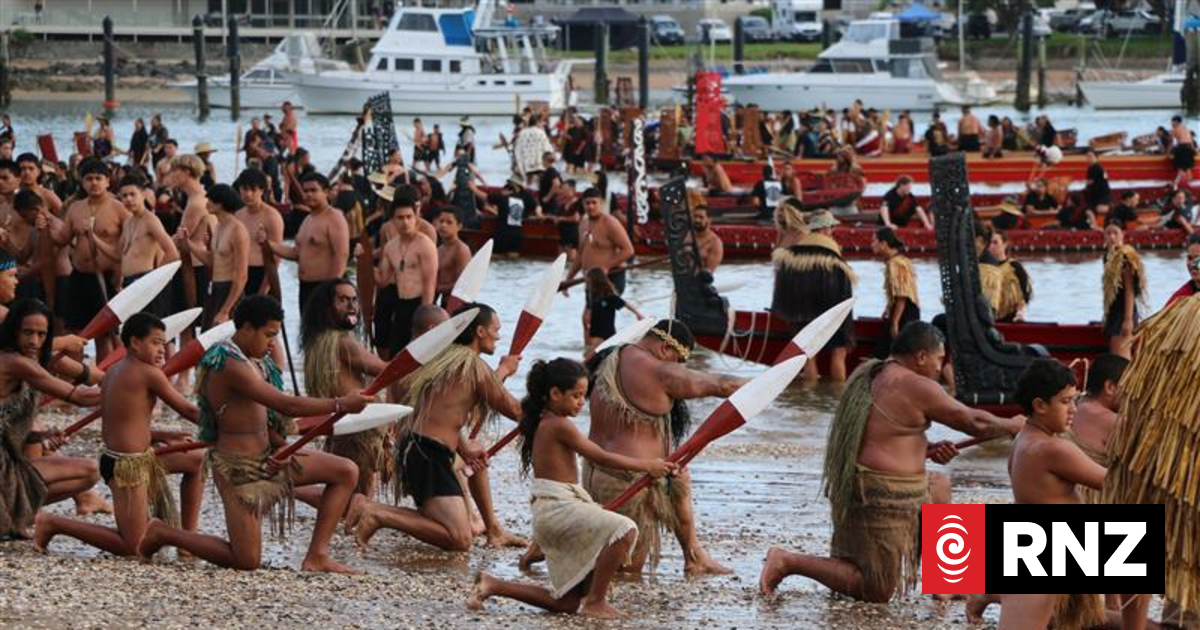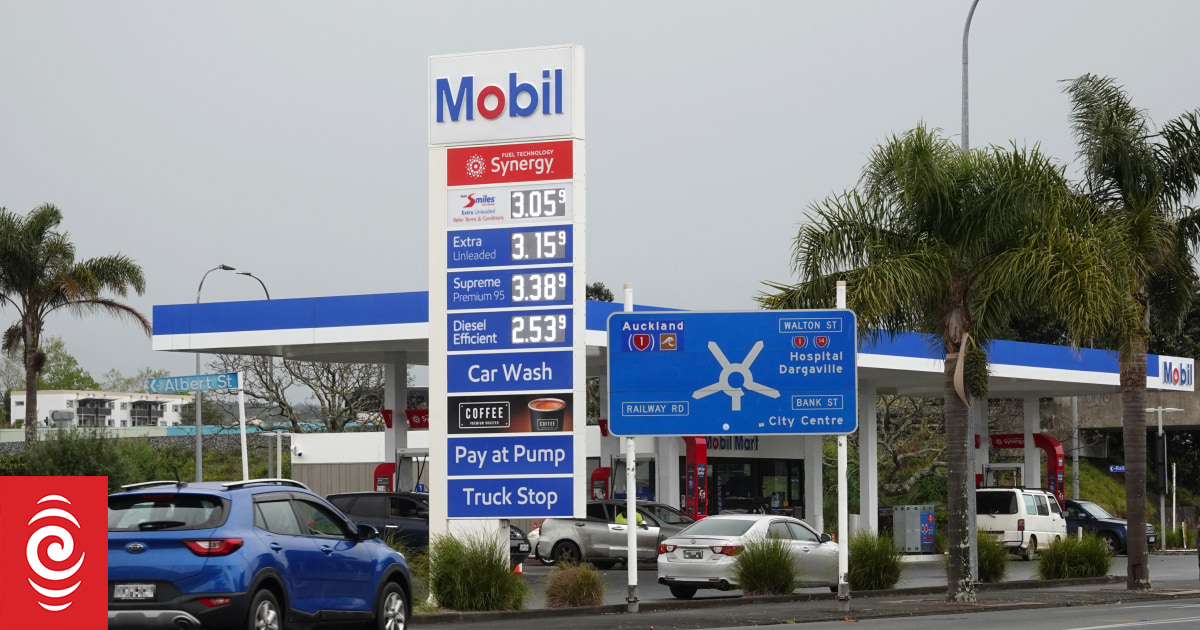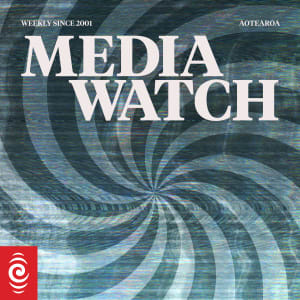Police at the Peter Snell Dr property where two children were found dead on May 16. Photo / Tania Whyte
Social media users exposing the identity of the woman accused of murdering two children in Ruakākā have come under the watchful eye of police for breaching name suppression.
No plea was taken when the woman appeared in the Whangārei District Court last Monday. The judge granted her temporary name suppression, including suppressing any identifying details of herself or the victims.
On Monday, police revealed they were making enquiries into activity on social media related to suppression breaches around those orders.
The Advocate has seen people post the name and photographs of the woman online.
Advertisement
Detective Inspector Bridget Doell, of Northland CIB, advised people not to share the post on their accounts, or to remove them.
But in a tight-knit community like Ruakākā – or Northland, even – where faces are more often familiar than not, many people might be thinking, ‘What’s the problem?’
University of Auckland law academic Professor Mark Henaghan explains the knock-on effects of ignoring the courts.
“Courts take suppression orders seriously, and they are normally very clear names are not be published,” he said.
Advertisement
“It’s a very serious breach if they [people] are using social media to expose who she is and what she’s about.”
A breach is considered contempt of court – a serious offence – the penalty of which for individuals can be fined up to $25,000 or a maximum of six months in prison.
The strict ban on publication doesn’t just mean keeping the person’s name out of the local paper. Information conveyed orally or in writing, which includes email, are forms of ‘publication’.
“Even if you haven’t started it and you’re just passing it on, you’re still publishing it,” Henaghan said.
He explained how breaching suppression orders could impact a person’s right to a fair trial as people may pre-judge, which in turn could affect a jury’s ability to be non-biased.
“To demonise these people when you don’t understand the whole context of what’s happened is the danger of these suppression breaches. If trials do go ahead, what [chance] is there of any fairness from a jury?”
He believed people often didn’t understand what a suppression order meant.
“I think it’s because social media has totally distorted people’s views of the world they see happening all the time… It’s a sad reality, I don’t think they’d even realise they’re breaching the laws.
“That’s the problem when you’re on social media – people think ‘no holds barred’, no rules apply, as we saw with the Grace Millane case.”
In the case of British backpacker Grace Millane, Auckland businessman and former mayoral candidate Leo Molloy was convicted for breaching name suppression.
Advertisement
/cloudfront-ap-southeast-2.images.arcpublishing.com/nzme/KBZZVHUUONF4ZJD6JOQ4YONQCA.jpg)
Molloy was sentenced to 350 hours of community work and fined $15,000 after he named Millane’s killer, Jesse Kempson, in a forum on the NZ Premier Racing Community’s website while the jury in the murder trial was still deliberating over Kempson’s fate.
The internet proves to be a challenging host of suppression breaches, as Henaghan said finding the source could be difficult and prosecution outside of a country’s jurisdiction was “almost impossible”.
He said suppression orders are usually granted in the early stages of a case when no pleas have been entered, and at times to protect impacted family members.
“But sometimes they do release them early for the protection of the public.”



